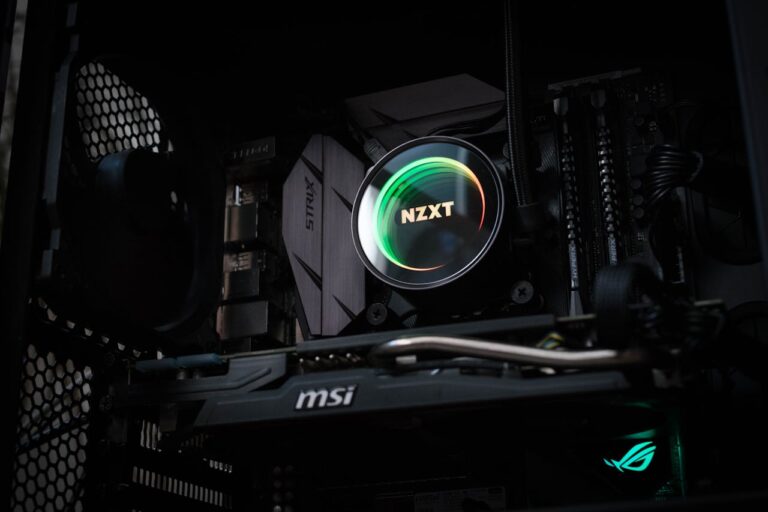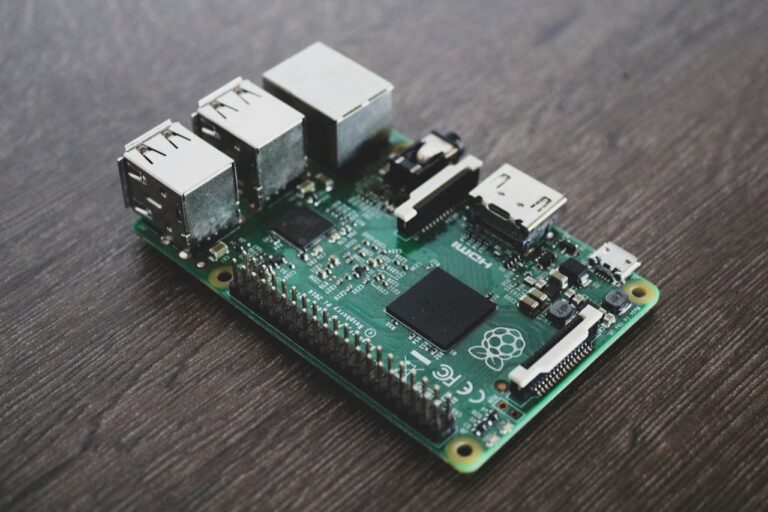Key Takeaways...
- Hard disks are still widely used for data storage, backups, enterprise systems, and surveillance.
- They offer high capacity at a lower cost than solid-state alternatives.
- Responsible disposal of hard disks is crucial for data protection and environmental sustainability.
Hard disks have been a cornerstone of data storage for decades. Despite rapid advancements in digital technology and the rise of solid-state drives (SSDs), hard disk drives (HDDs) continue to be widely used in both consumer and commercial settings. But why are hard disks still relevant in a world increasingly defined by speed, cloud computing, and miniaturisation?
This article explores the key functions of hard disks, their continued relevance, and why businesses still depend on them in today’s data-driven landscape.
What Is a Hard Disk?
A hard disk drive (HDD) is a mechanical data storage device that uses spinning magnetic platters to read and write digital information. Data is stored magnetically, and an actuator arm with a read/write head accesses it while the platters spin at high speed.
Hard disks have been around since the 1950s, evolving significantly in size, storage capacity, and speed. Even today, HDDs remain a cost-effective solution for storing large volumes of data.
Primary Uses of Hard Disks
1. Mass Storage for Data
Hard disks are widely used for bulk storage due to their high capacity and relatively low cost. A single HDD can store multiple terabytes of data, making it ideal for servers, data centres, surveillance systems, and personal computers that require significant space for files, media, and backups.
2. Backup and Archiving
Many businesses use hard disks for backup and archival purposes. HDDs provide a stable, long-term storage option for critical data, helping companies ensure business continuity in the event of a cyberattack, data corruption, or hardware failure.
3. Use in Enterprise and Cloud Infrastructure
Large-scale IT operations, including cloud storage providers and enterprise servers, continue to deploy hard disks because of their affordability and storage density. While SSDs offer faster speeds, HDDs still dominate when capacity is a priority.
4. Surveillance and CCTV Systems
HDDs are frequently used in CCTV and security systems due to their ability to record and store large volumes of video footage around the clock. Their durability and storage efficiency make them a natural choice for high-capacity surveillance setups.
Advantages of Hard Disks
Despite newer technologies, hard disks maintain several benefits that support their ongoing use:
- High capacity at low cost – HDDs offer more storage per pound than SSDs.
- Longevity for archival use – When properly stored, hard disks can retain data for many years.
- Widespread compatibility – They can be used in virtually any computer system or server setup.
Challenges and Limitations
Of course, hard disks are not without drawbacks. They are slower than solid-state drives, more susceptible to damage from shock or movement, and less energy-efficient. However, these limitations are often outweighed by their cost-effectiveness in high-volume applications.
Environmental Considerations
As hard disks eventually reach the end of their lifespan, they become part of the growing stream of e-waste. Given the sensitive data stored on these devices, secure destruction and responsible recycling are essential.
At RePCB, we specialise in secure hard disk disposal and hard drive recycling for UK businesses. Our services ensure complete data destruction and compliance with WEEE regulations.



